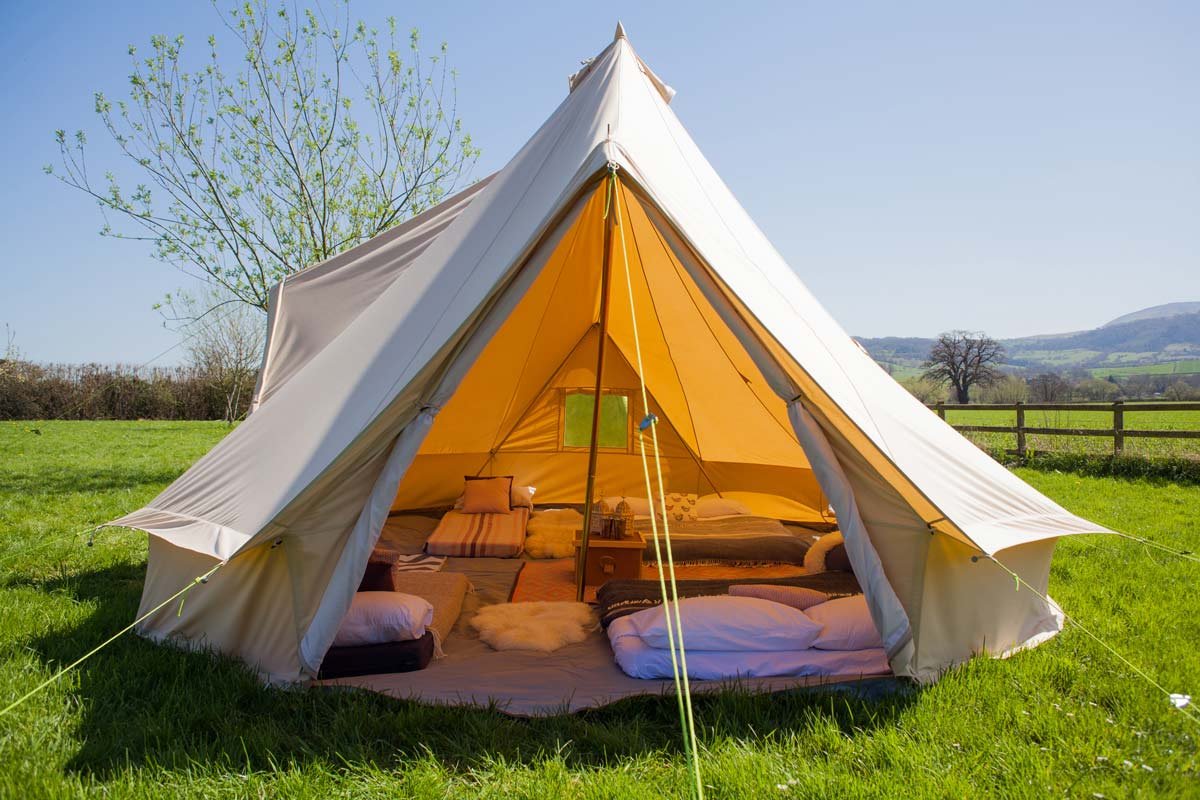Outdoor learning offers children an enriching environment where curiosity and collaboration naturally flourish. Spending time in open spaces beneath a canvas tent gives young learners a sense of adventure that traditional classrooms can’t always match. The outdoor setting encourages teamwork, communication, and adaptability—skills that are essential not just for academic success but for life beyond school. When learning happens in nature, every experience becomes a lesson in cooperation, self-awareness, and respect.
Building Teamwork and Communication
Group activities outdoors require cooperation, planning, and clear communication. Whether pitching a tent, completing a scavenger hunt, or preparing a shared meal, children must work together to achieve a common goal. In doing so, they learn to listen actively, express ideas confidently, and value the opinions of others. Teachers often observe that even the quietest students find their voice during these shared tasks, discovering the importance of mutual support. These lessons in teamwork extend well beyond the campsite, improving how children engage with peers back in the classroom.
Developing Emotional Intelligence and Empathy
When children spend extended time in group settings outdoors, they face challenges that help develop empathy and understanding. The unpredictability of outdoor tasks—like changing weather or shared responsibilities—teaches patience and adaptability. Helping a classmate carry supplies or sharing limited space inside a tent builds emotional awareness and compassion. Under the simple shelter of a canvas tent, social boundaries fade, allowing children to connect more genuinely. They learn that success depends not on individual performance but on collective effort and emotional support.
Problem-Solving and Leadership in Action
The outdoors naturally presents real-world challenges that encourage creative thinking. From setting up a safe camp area to navigating through trails, children must plan, make decisions, and evaluate outcomes. These experiences nurture problem-solving and leadership qualities. A child who takes charge in organising group activities learns responsibility and decision-making, while others develop confidence in supporting roles. This balance between leading and following mirrors future workplace and social dynamics, laying the groundwork for well-rounded, resilient individuals.
Confidence Through Experience
One of the greatest benefits of learning under canvas is the confidence children gain from overcoming fears and accomplishing physical or social tasks. Sleeping away from home, adapting to outdoor conditions, or presenting ideas to a group—all build independence and self-belief. The sense of achievement that comes from completing outdoor projects or leading group discussions stays with them long after the trip. Teachers and parents often notice how such experiences boost participation, creativity, and courage in day-to-day school life.
Connecting with Nature and Self-Reflection
Beyond teamwork and communication, outdoor learning helps children slow down and reflect. The natural environment offers calmness and space for mindfulness, something increasingly rare in digital-driven lives. Sitting quietly under a canvas tent during a group reflection session allows children to appreciate the simplicity of their surroundings and the strength of shared experiences. These peaceful moments nurture gratitude, emotional balance, and respect for the environment—qualities that shape both character and conscience.
Preparing Children for the Future
Outdoor group activities are not just recreational; they are powerful learning experiences that prepare children for the complexities of modern life. The skills gained—collaboration, empathy, leadership, and problem-solving—are the same soft skills sought in higher education and professional environments. Moreover, these experiences help children understand community and responsibility, developing into thoughtful individuals who can contribute positively to society.
Learning under canvas, surrounded by peers and the rhythm of nature, reminds children that growth happens everywhere—not only within four walls but also beneath open skies. The lessons learned outdoors stay for life, shaping not just capable students but compassionate human beings.




